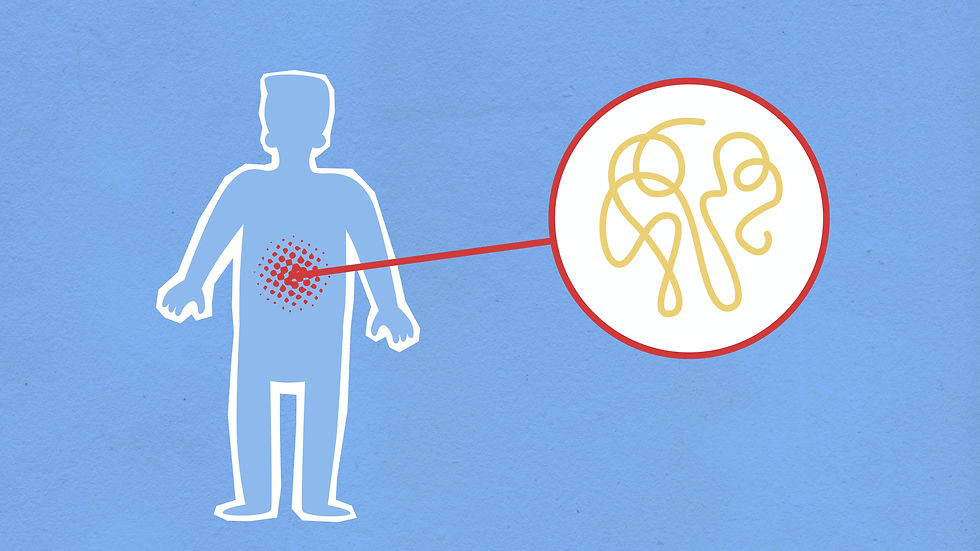How Does Metabolism Effect Your Chances For Weight Loss?
- healthyorganic4u
- Feb 12, 2021
- 2 min read
Responsible for our mood, the speed of aging, and our physical form, metabolism remains however unknown. Thanks to the work of researchers, we can better understand how this process that determines our energy consumption works.

The metabolism is a complex system. It determines how quickly and efficiently the body burns calories and how many calories we can eat in a day without gaining weight. Scientists continue to gain new knowledge about the factors that influence it. Because a healthy metabolism can improve mood, slow down the effects of aging and maybe even lose a few extra pounds.
A well-honed system
Although many of us talk about "metabolism" as if it is a single bodily process, there are three types , each of which expends energy at a different rate . The resting metabolic rate determines how much energy the organs use to stay functional when we are just sitting down. It constitutes the largest share of metabolic energy expenditure during a normal working day with minimal activity.
Lean people don't have faster resting metabolic rates. Active metabolism , which accounts for about 10 to 15% of calories burned each day, regulates the energy that is used while exercising. Finally, there is food-induced thermogenesis , which is the energy the body uses to consume and digest food. Spicy foods and green tea may stimulate her slightly.
Muscle work
Muscle burns more calories than fat, says Health . And since we lose muscle with age , we also lose our ability to burn calories. At 70, your resting metabolism may be 15% slower than it was in your 20s. That's 15% less food than you can eat without gaining weight.
While building new muscle can help counter this tendency, it is even more important to use the muscles we already have . Whenever we do strength training, muscles work, repair and reshape even after we finish exercising. By playing sports regularly, we therefore increase the speed of the resting metabolism.
The proteins
The body needs amino acids, the building blocks of protein , to function. If the diet does not provide enough, it will draw from the muscles. Result: the metabolism at rest pays the price. Make sure to add protein to every meal , not to mention breakfast.
The influence of regimes
Any weight loss diet slows down the metabolism . Indeed, when we lose weight, we lose fat and muscle, but if we regain it, we only regain fat. The part of the brain that handles metabolism is not interested in the aesthetic shape of a body, but in the energy it needs to survive . If you deprive your body of the calories it has learned to rely on, it will begin to starve muscles of fuel and direct that energy to vital organs, causing metabolism to drop.
To lose weight, it is important to move forward smoothly . Start by losing about 10% of your body weight, maintain that weight for three to six months, and then lose more if desired.






Comments